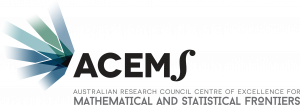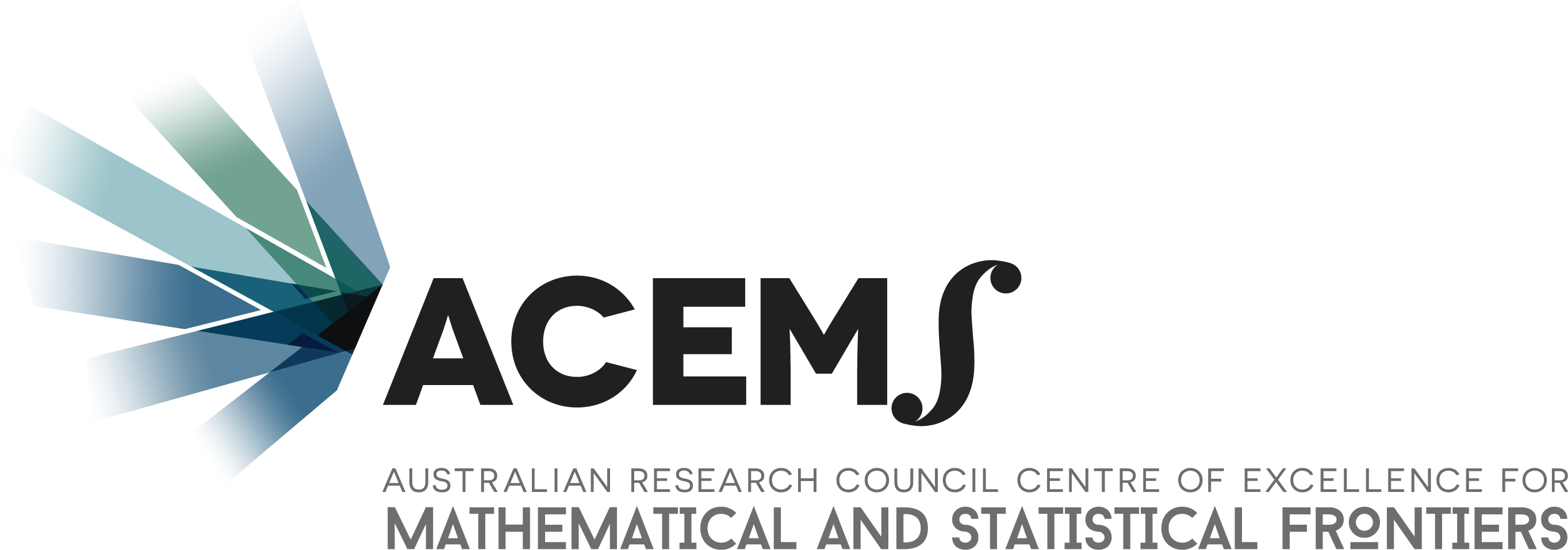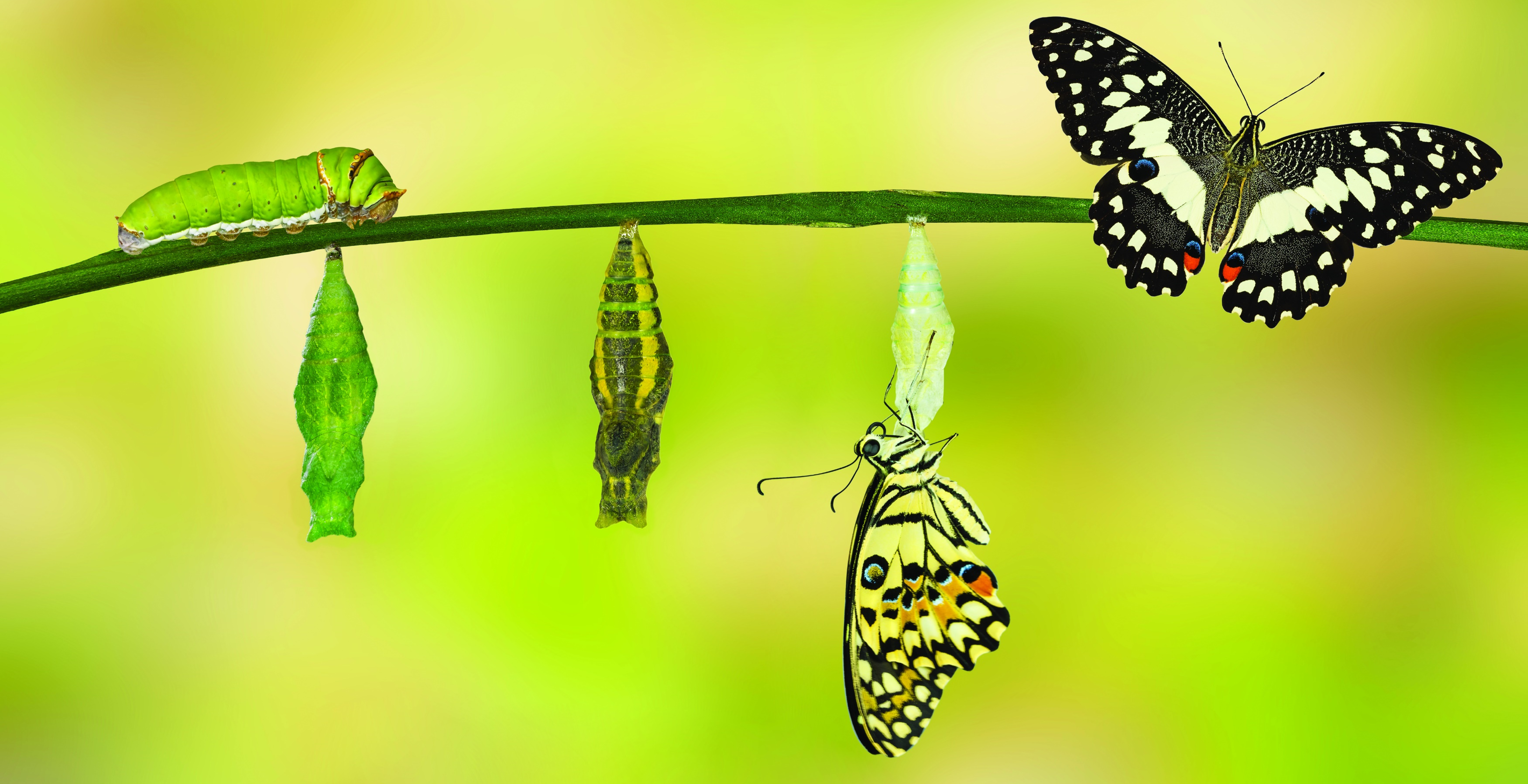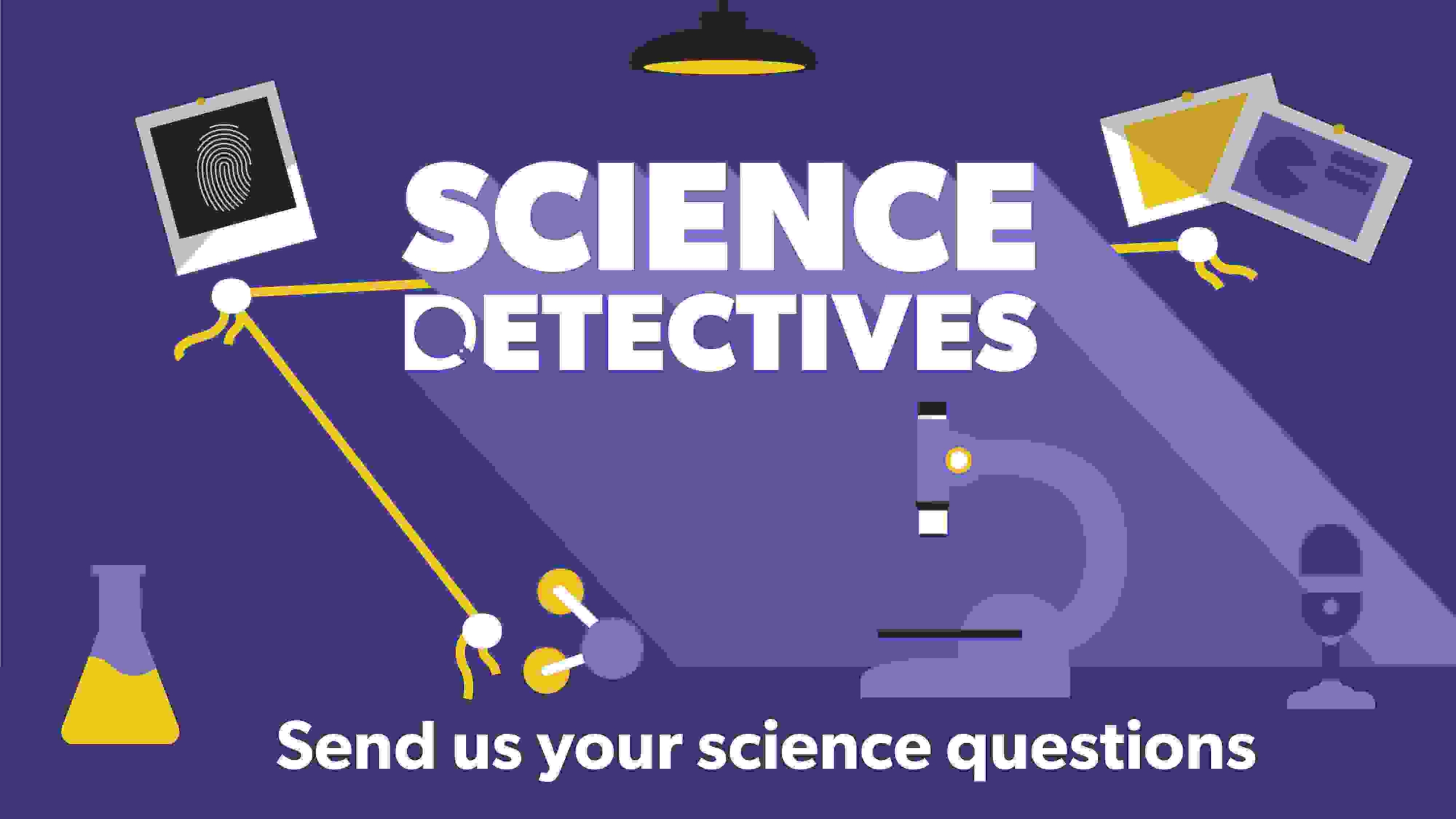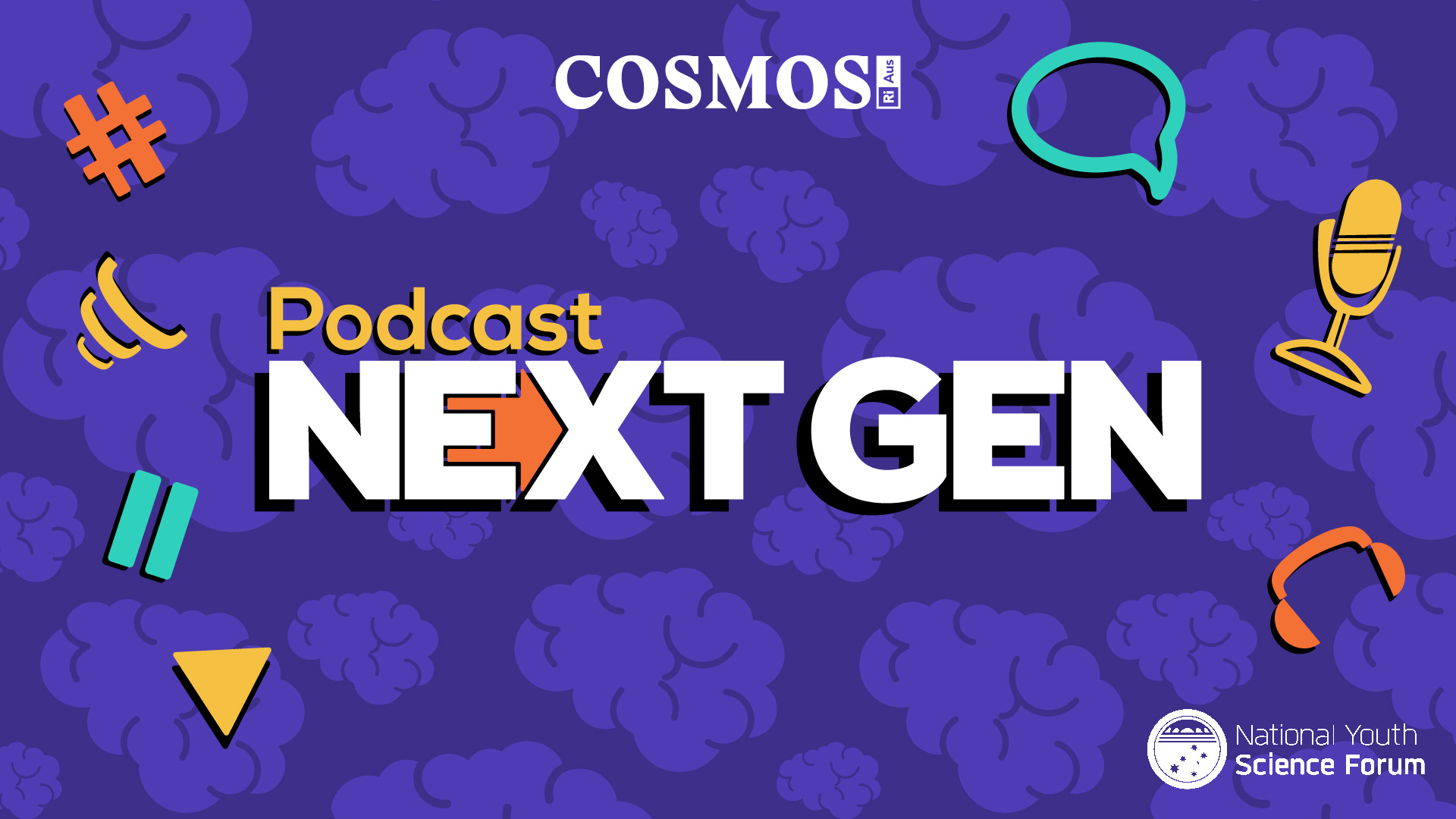Maths is universal and was, is and always will be important to understand in every society, even when it may not always be obvious.
This resource is well suited to STEM educators as advice for teaching maths to Aboriginal and Torres Strait Islander people. The resource will also work with Australian students to demonstrate how important maths is for all and the things that can be leant if knowledge is combined.
Word Count / Podcast Length: 645 / 39:42 mins
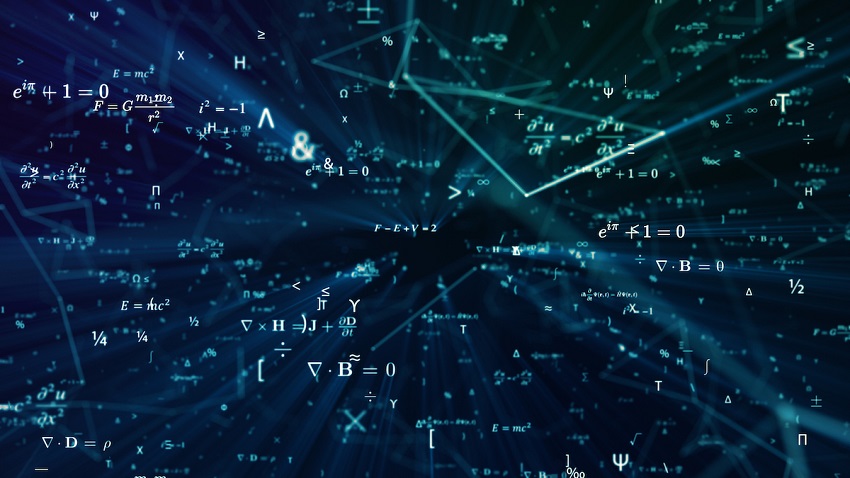
A lot of people ask why we need to know maths. When will we use it? Will we ever use it again?
These are questions Professor Chris Matthews has heard many times, but he believes that teaching culture equals deep learning. This means that when we teach from a cultural perspective, learning, retaining and truly understanding mathematics becomes much easier, and we realise we use it all the time.
Chris is a senior lecturer of Applied Mathematics at Griffith University and chair of the Aboriginal and Torres Strait Islander Mathematics Alliance (ATSIMA). He is from the Quandamooka people of Minjerribah (Stradbroke Island) in Queensland Australia and promotes teaching mathematics from Aboriginal perspectives.
During his PhD he found that many soil and waste protection projects in Australia ignored cultural perspectives, and the view of science and technology felt one sided.
When he brought this up with his supervisors, he did not agree with their response. “Their response to me is that we mathematicians, were not worried about that. That’s what the social scientists worried about.” Chris says in the podcast, “And I thought, that’s a big cop-out. That’s such a cop-out for us as a community of mathematicians, and statisticians, if that’s the way we’re going to view things.”
He explains that Aboriginal children are judged against a standard that doesn’t help them succeed, but that they have important skills and knowledge that, along with their communities, are very important when looking after Australia.
“But even if you look at it from a scientific point of view, why would you ignore 40,000 years of knowledge?” he says.
This knowledge is deeply embedded in culture and how people connect with it.
“The first thing we have to look at is what is Aboriginal? How do Aboriginal people see the world and interact with the world? “ Chris asks, “Because, for me, mathematics is part of that whole bigger thing. It’s about knowledge production around understanding the world around us.”
When considering how people come up with hypotheses and theories, many mathematical and scientific concepts are deeply embedded in cultural philosophies. For example, cycles and interconnected circles represent cultural understanding around geography, kinship, weather, climate and tools.
“Our idea of time and place is all about circles.” Chris says, “So what’s so important about the circle? You can actually see how a lot of mathematics is based on modelling the world around us. Circle representations are everywhere.”
Cultural knowledge incorporates pattern mathematics in a way that makes maths inseparable from culture, instead of making it seem like a language beyond culture. It isn’t about numbers being used together to find another number, it is about designing, maintaining and preserving life and society.
“One of the things that I’ve learnt over the years is that pattern recognition and understanding patterns of the world is one of the key foundations for Aboriginal knowledge systems.” He says, ” Which makes sense if you’re looking at it. Your whole system – your whole being – is looking at a network of relationships across the whole landscape, with you being a part of it. Then pattern recognition is one of the most fundamental things that you do.”
Chris explains that mathematics is not a separate, abstract concept from reality, but a very deep part of it. This applies across every culture and country, because patterns and maths dictate everything we do, from making sure you catch the correct bus, to knowing who your family members are, to our art and personal understanding of our place in society. This means that cultural applications must be explicitly ingrained in maths education to connect with all Australian students, not just the western ways of teaching.
Listen to the podcast:
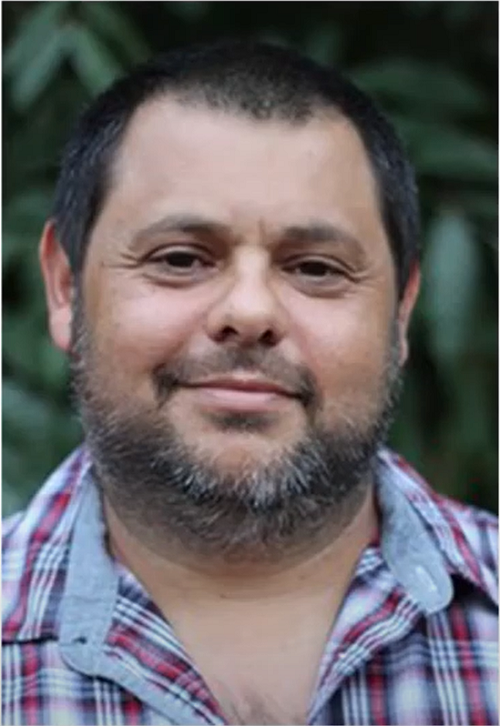
Podcast length: 39:42 mins
Years: 7, 8, 9, 10
Login or Sign up for FREE to download a copy of the full teacher resource including the podcast transcript
Topics:
Additional – Careers, Maths, Technology, Engineering.
The Random Sample is a podcast by the Australian Research Council Centre of Excellence for Mathematical and Statistical Frontiers (ACEMS). The podcast features stories about mathematics, statistics and the people involved. To learn more about ACEMS, visit https://acems.org.au.
